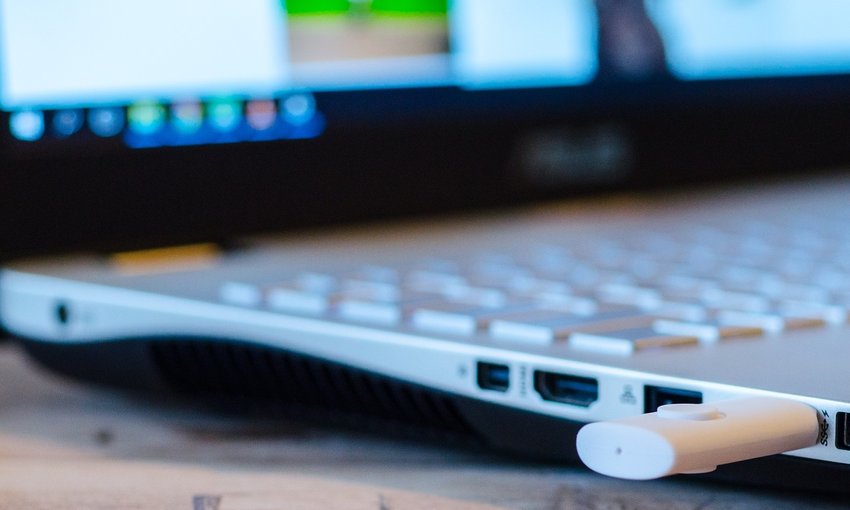

Livecd-iso-to-disk is not meant to be run from a non-Fedora system. livecd-iso-to-disk on other Linux distributions
Portable usb windows 10 install#
If your test boot reports a corrupted boot sector, or you get the message MBR appears to be blank., you need to install or reset the master boot record (MBR), by passing -reset-mbr when writing the stick. If you get this message from fdisk, you may need to reformat the flash drive when writing the image, by passing -format when writing the stick. Partition has different physical/logical endings

If you get the message Need to have a filesystem label or UUID for your USB device, you need to label the partition: dosfslabel /dev/sdX LIVE. Information: Don't forget to update /etc/fstab, if necessary. Number Start End Size Type File system Flagsġ 32.3kB 1062MB 1062MB primary fat16 boot Sector size (logical/physical): 512B/512B Welcome to GNU Parted! Type 'help' to view a list of commands. Difference between Fedora and Red Hat Enterprise Linux.Installing, Configuring and Troubleshooting MySql/MariaDB.
Portable usb windows 10 drivers#
Creating Windows virtual machines using virtIO drivers.Installing virtual operating systems with GNOME Boxes.Getting started with virtualization (libvirt).Upgrading Fedora using the DNF system upgrade.
Portable usb windows 10 how to#


 0 kommentar(er)
0 kommentar(er)
